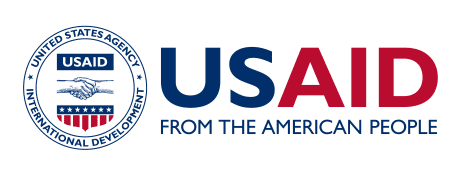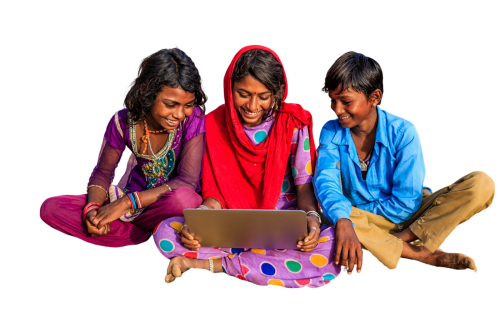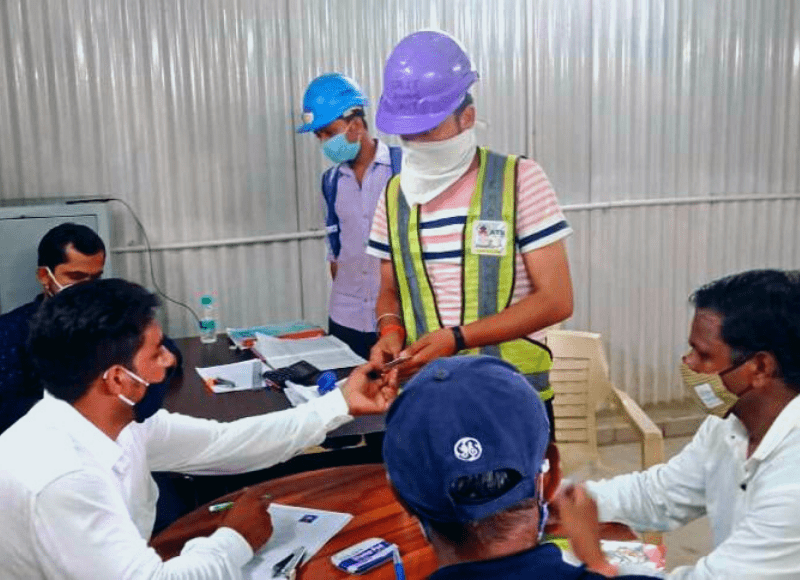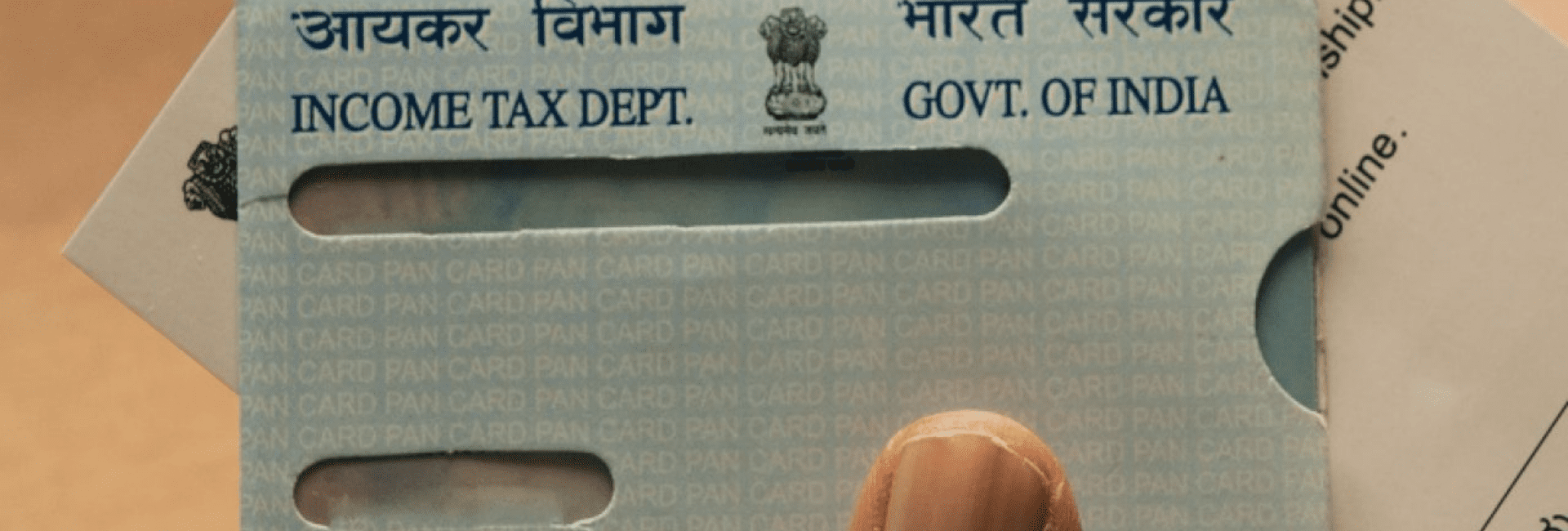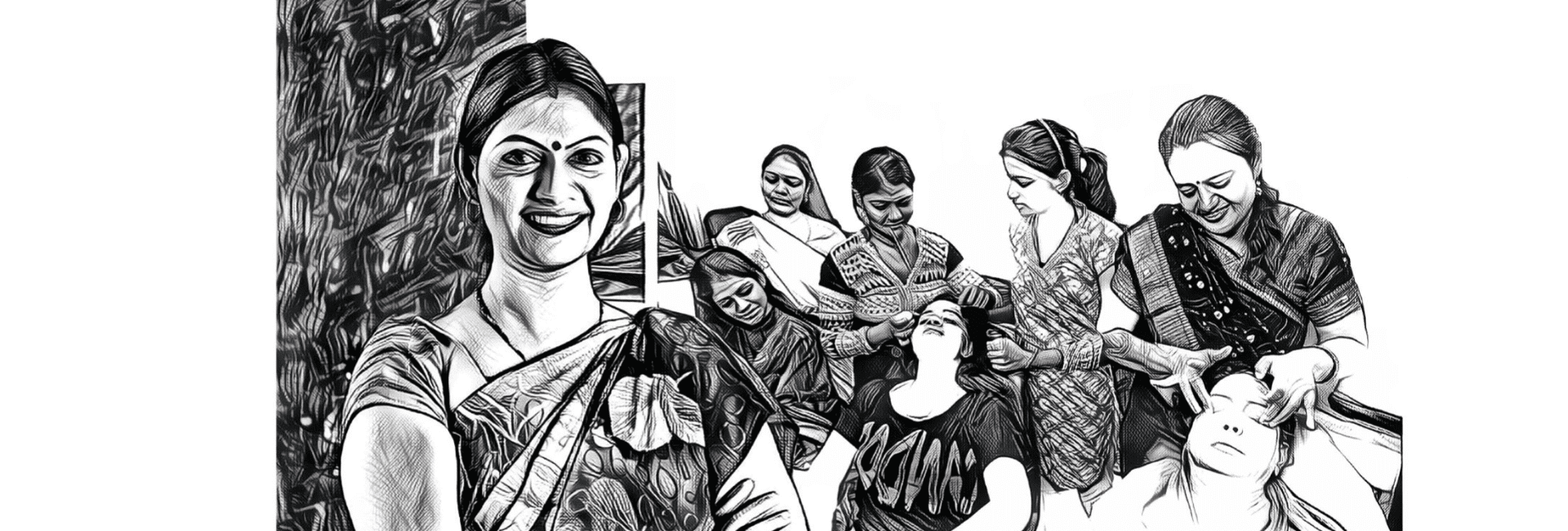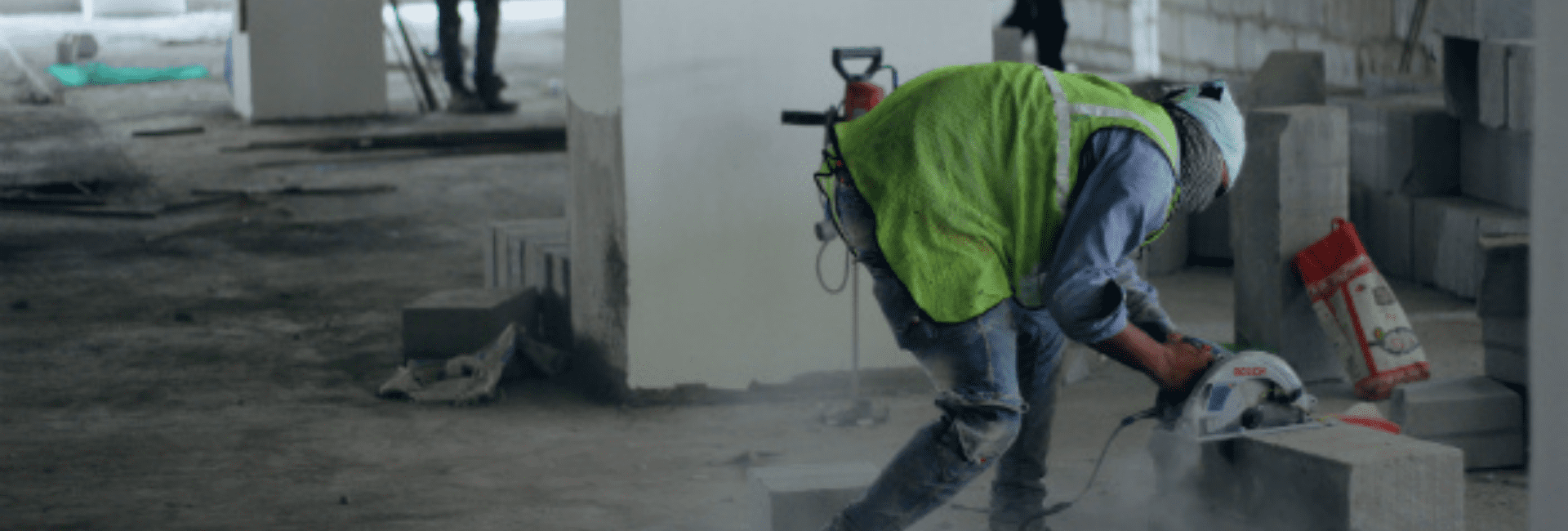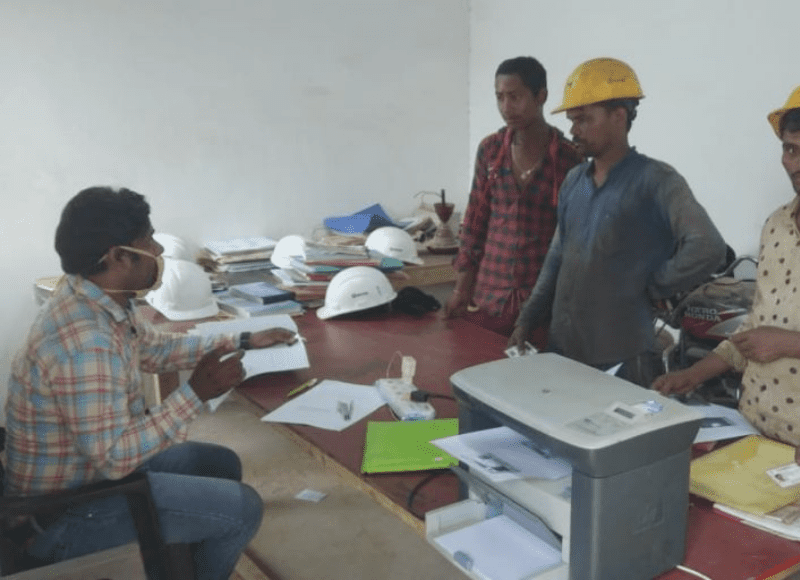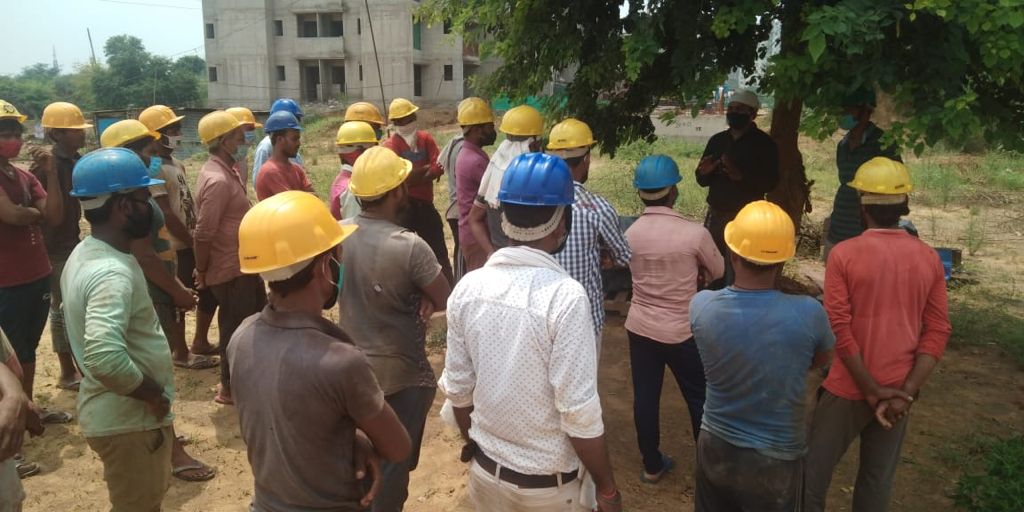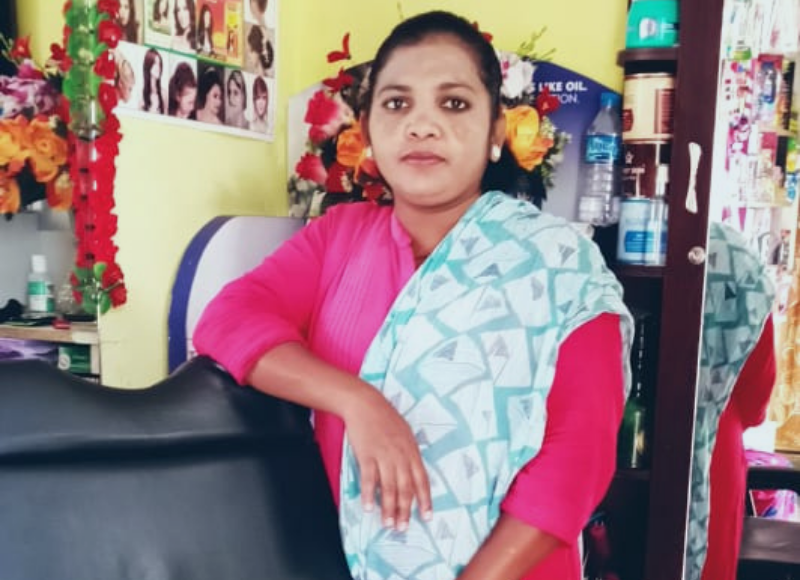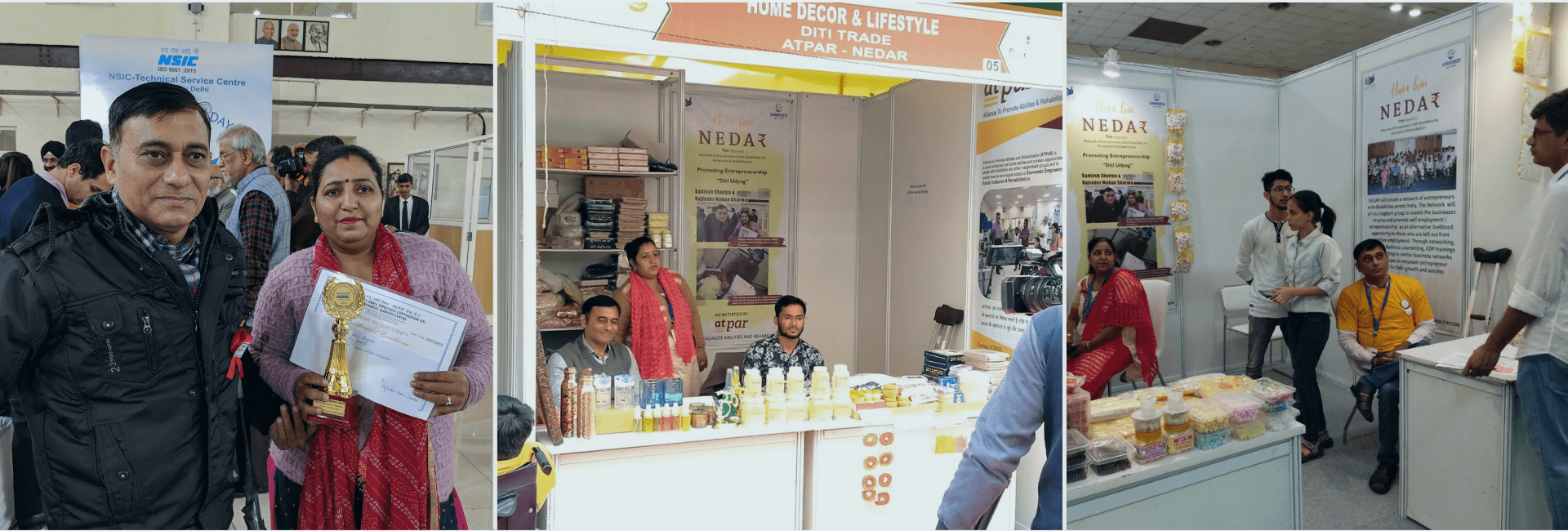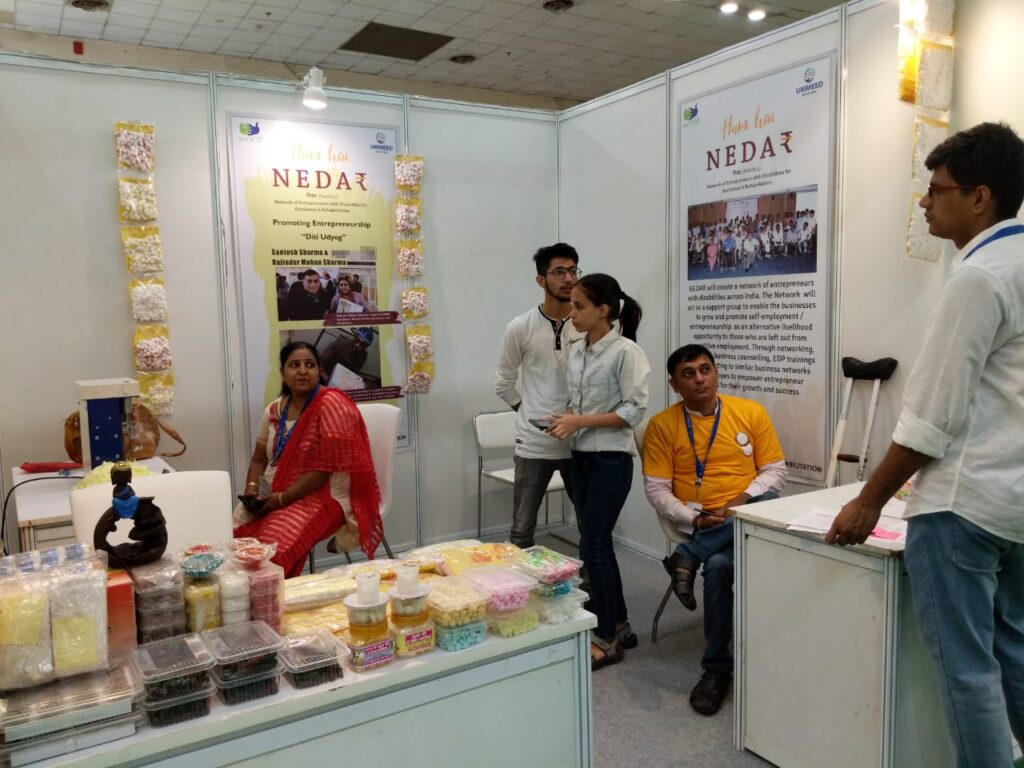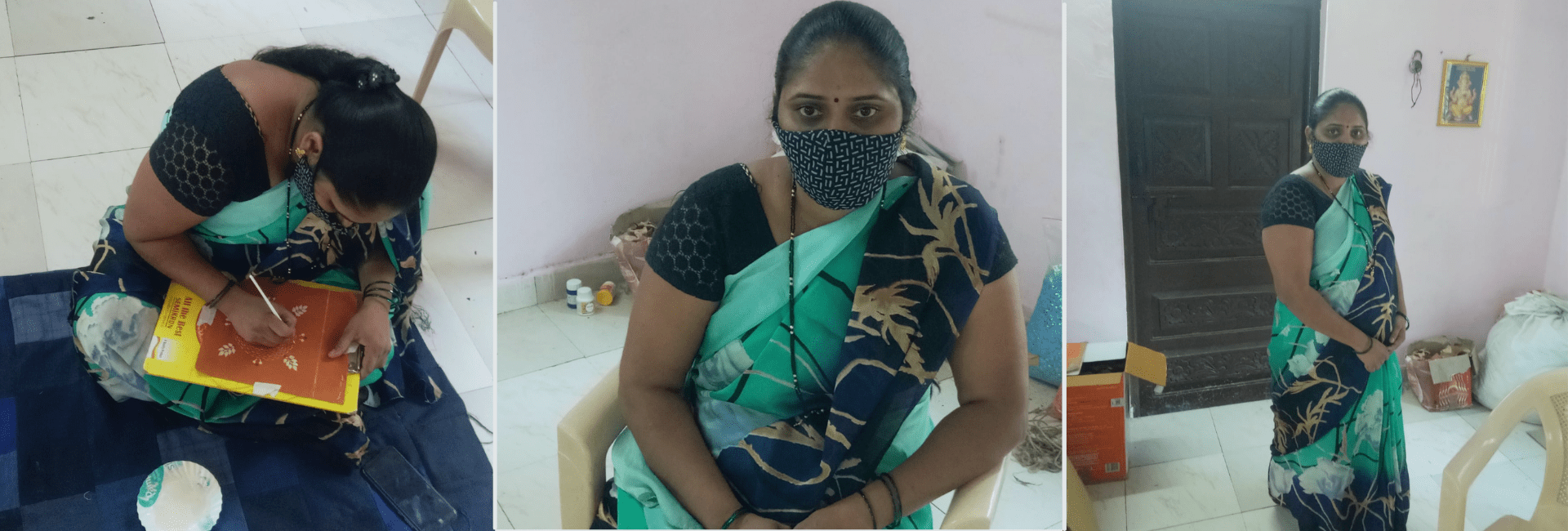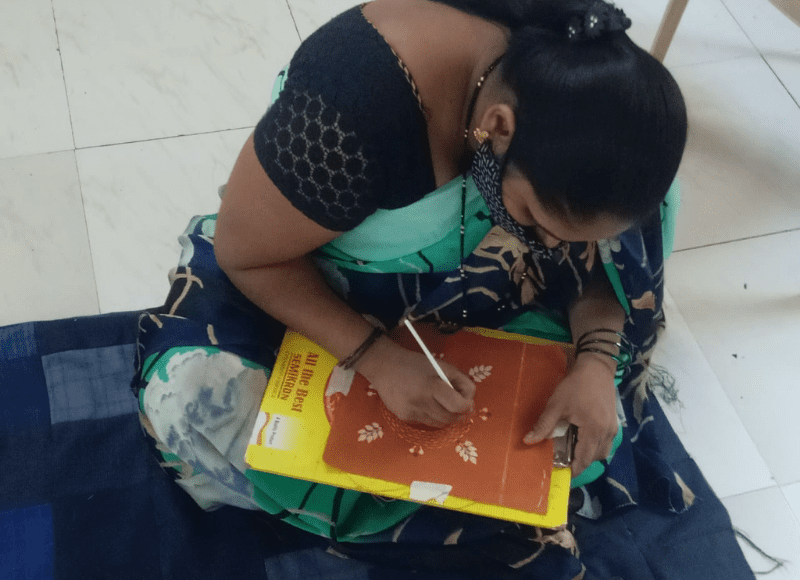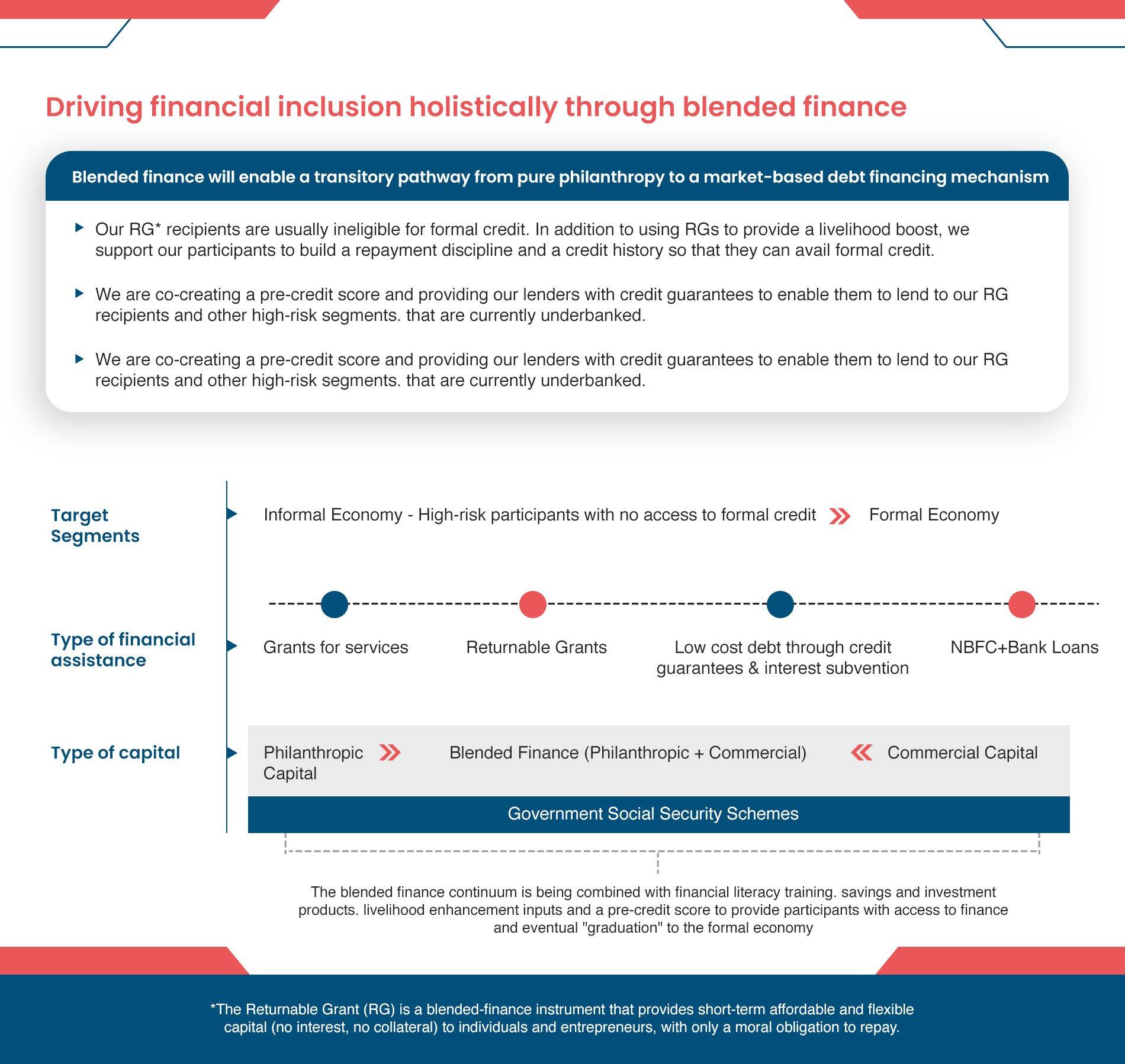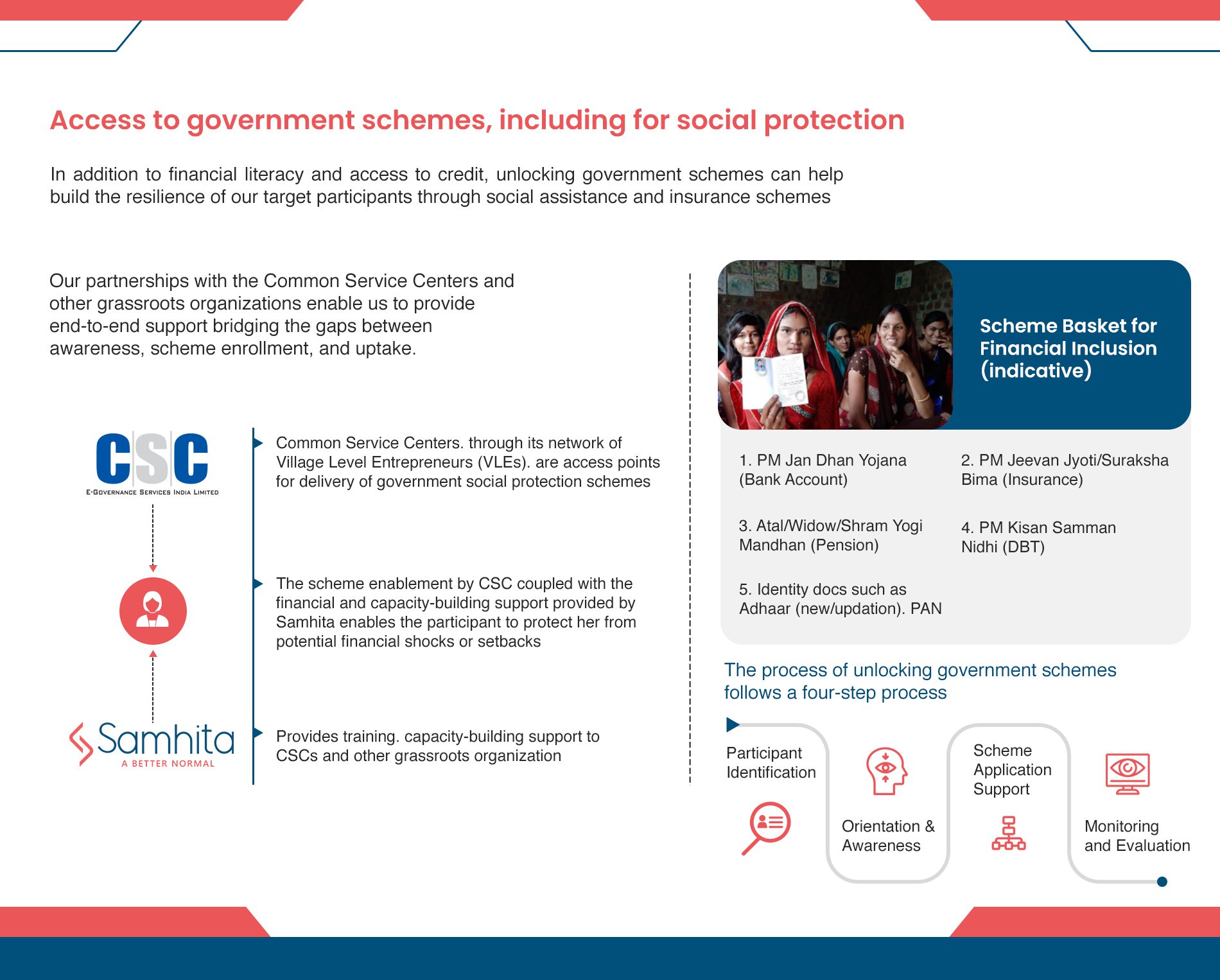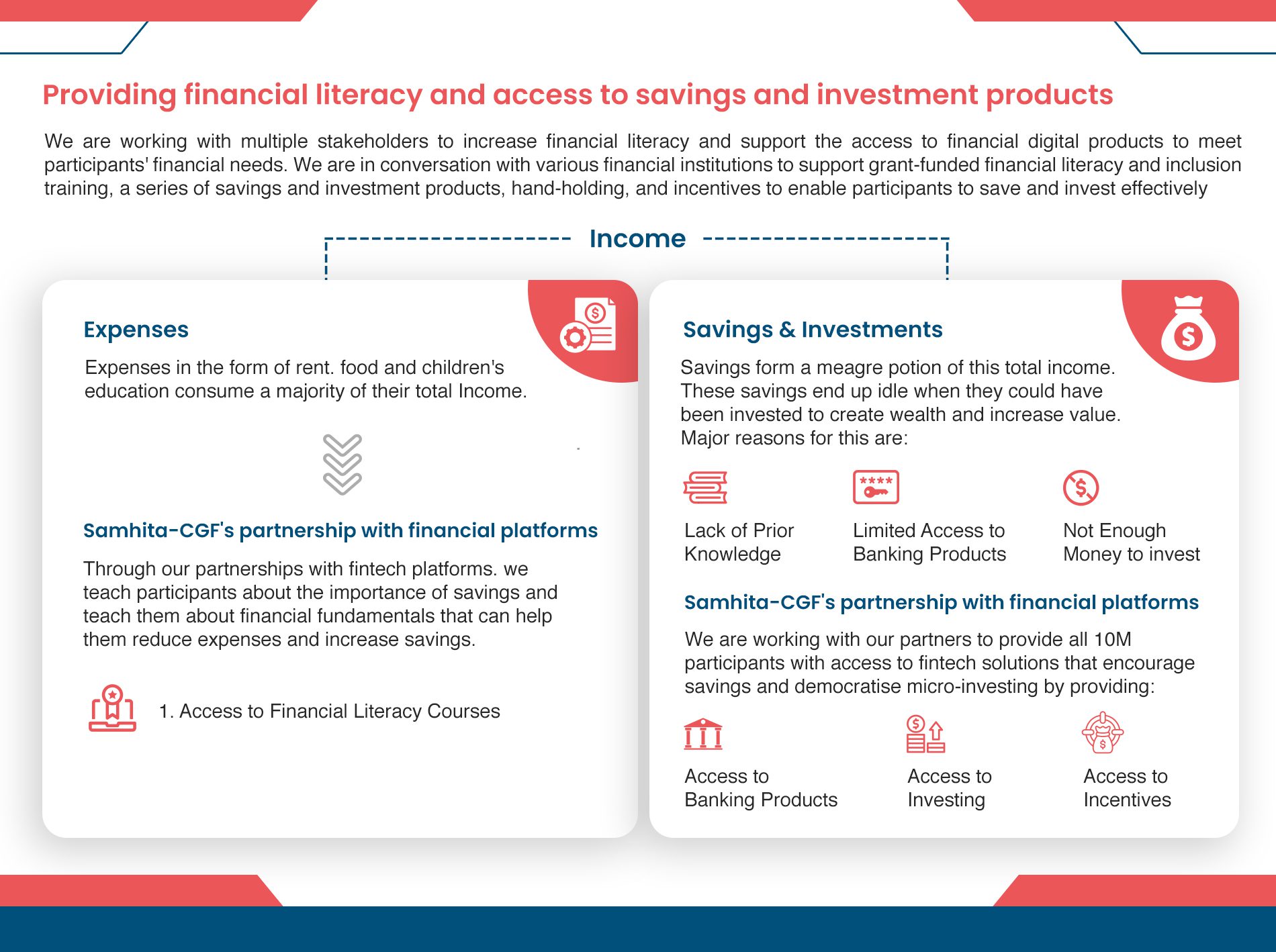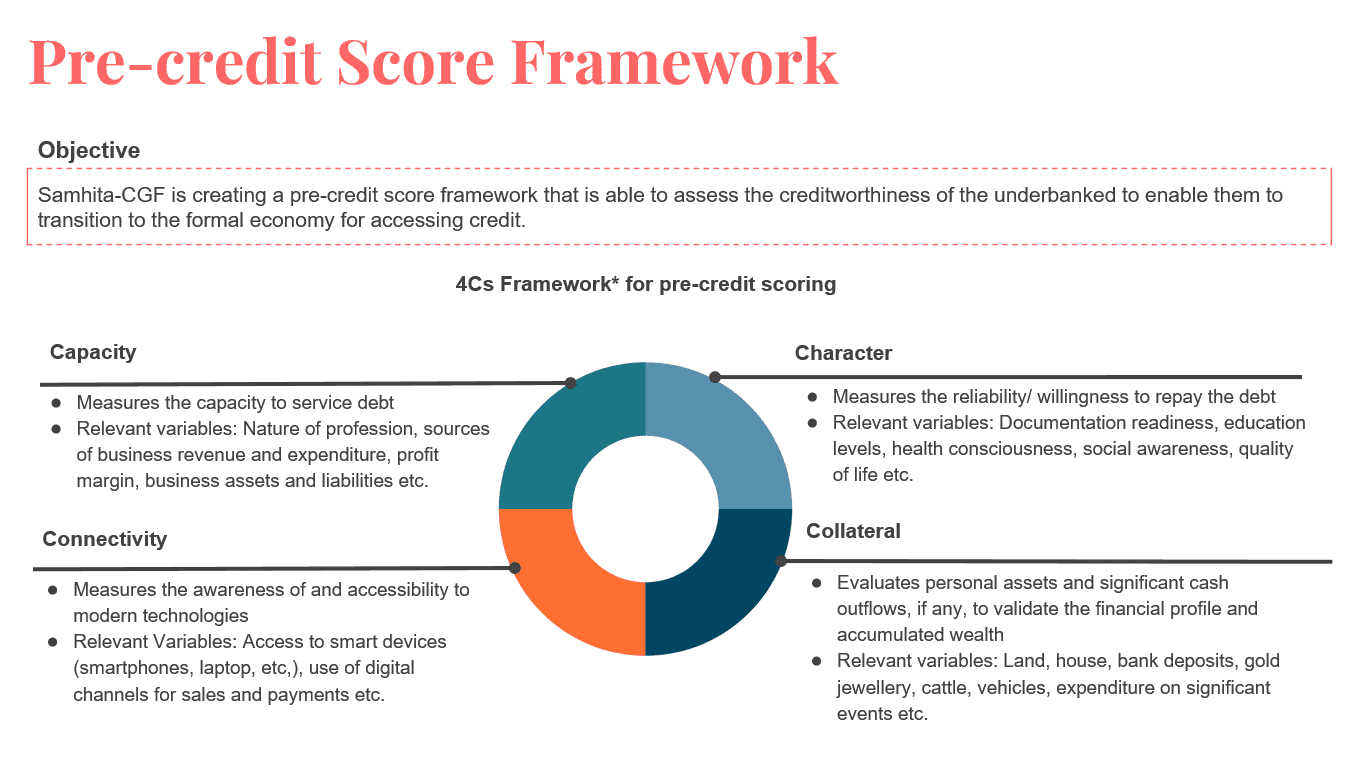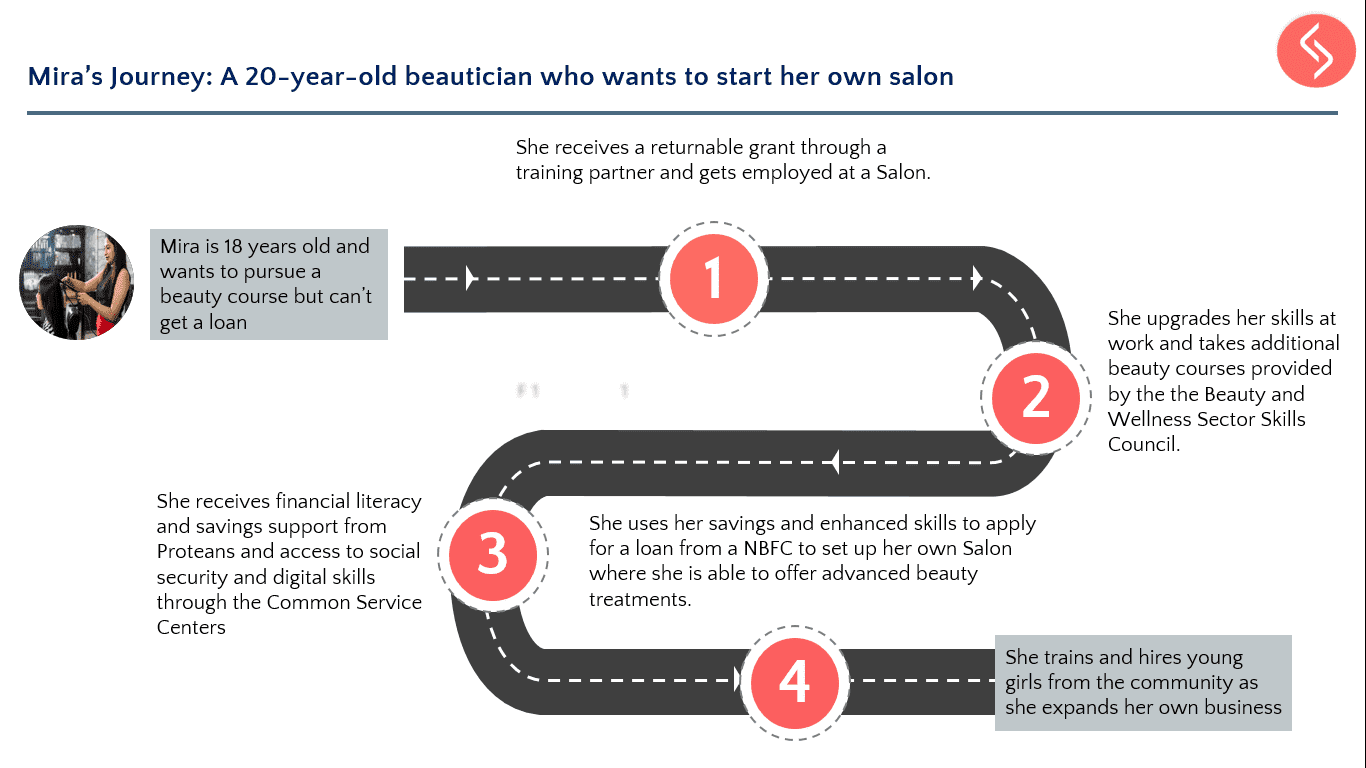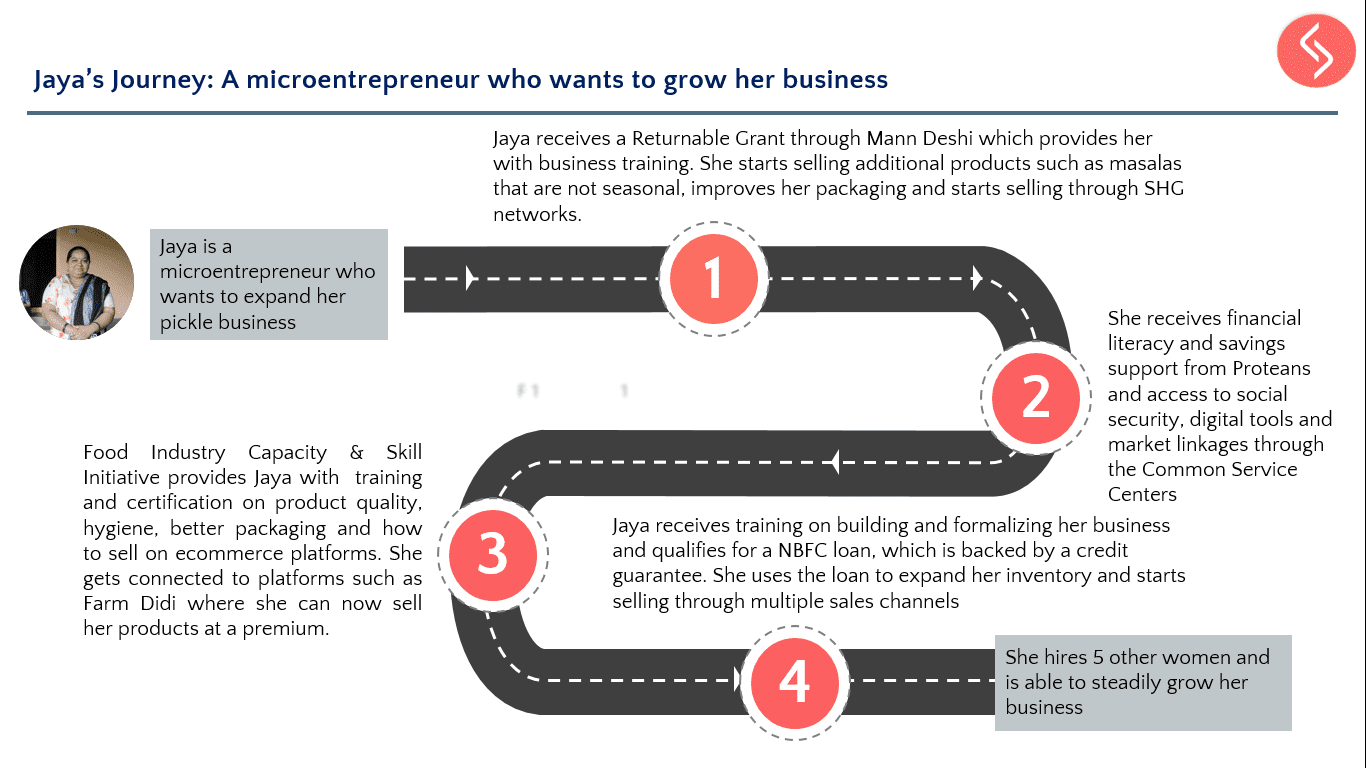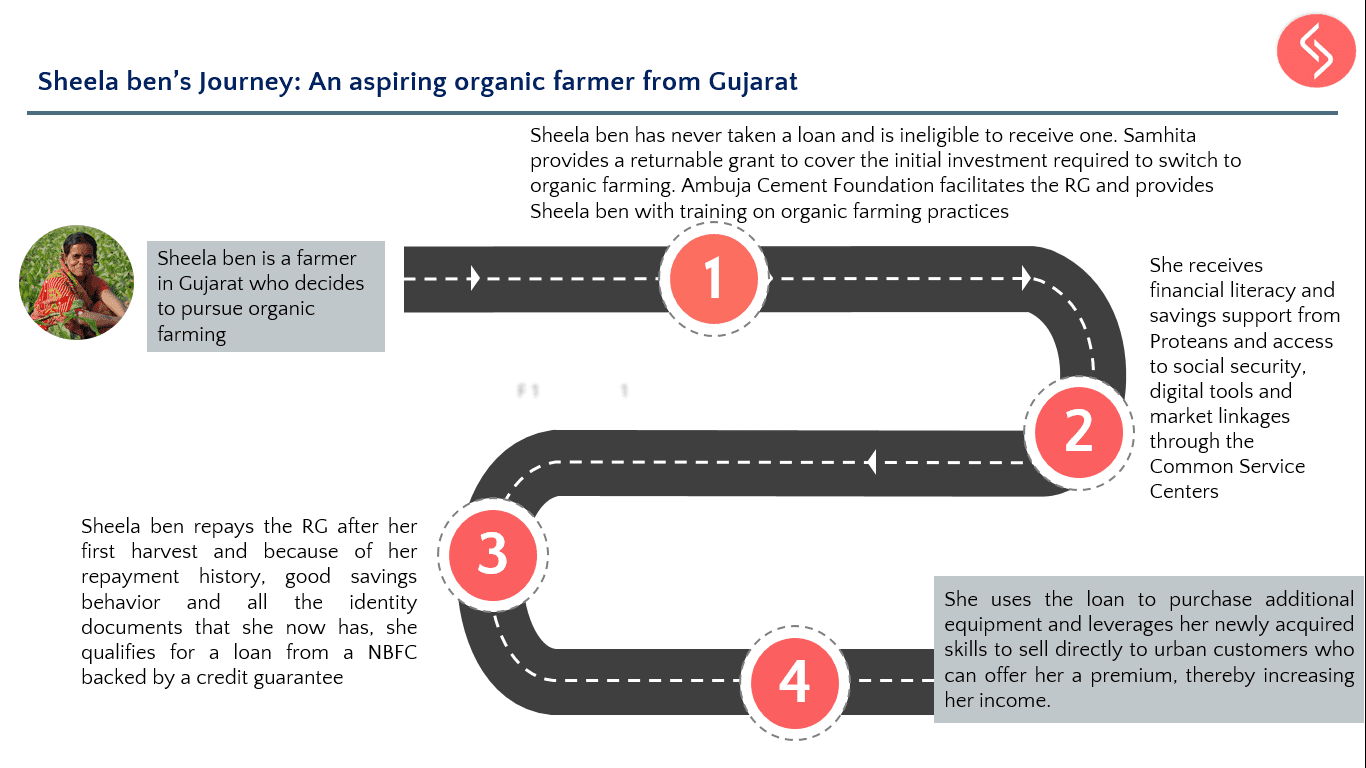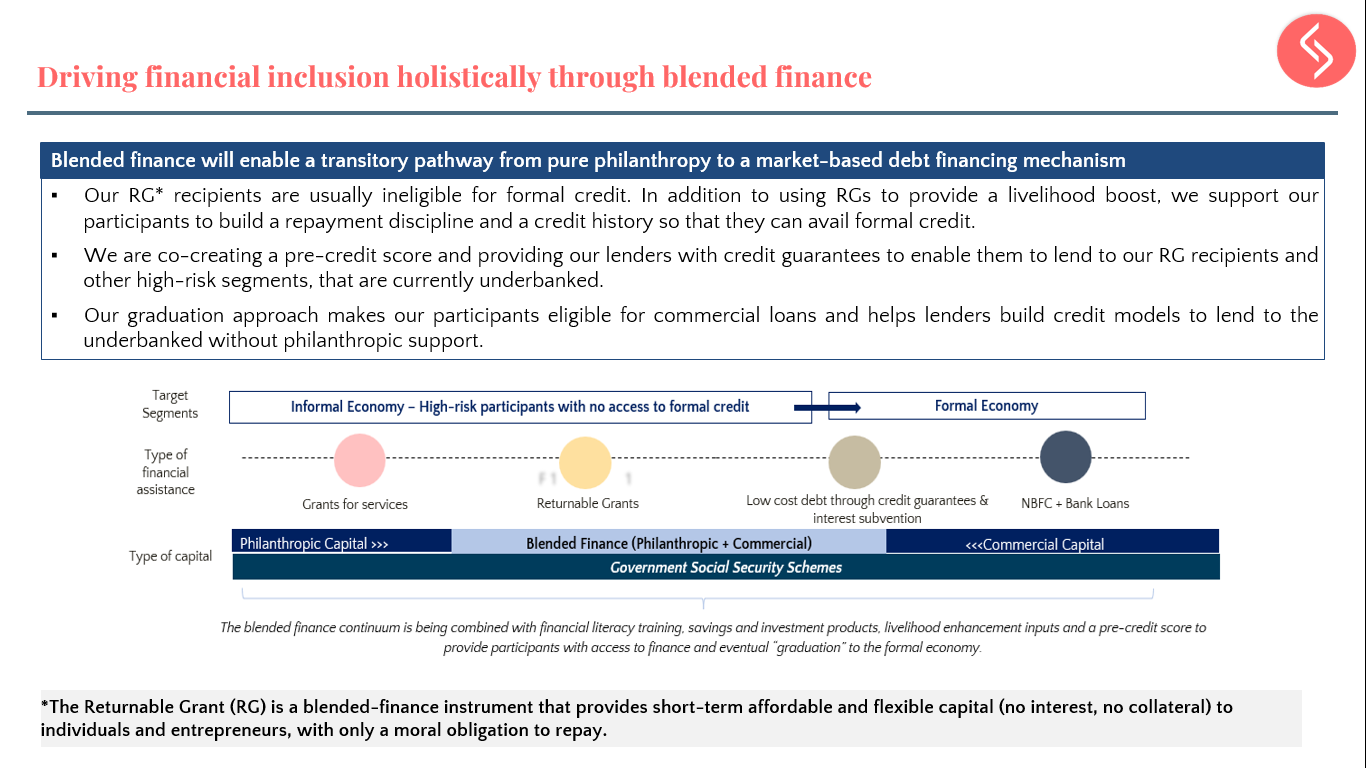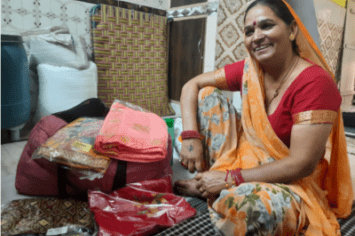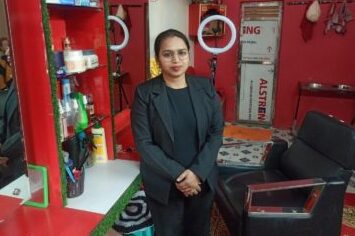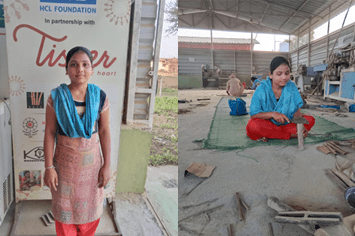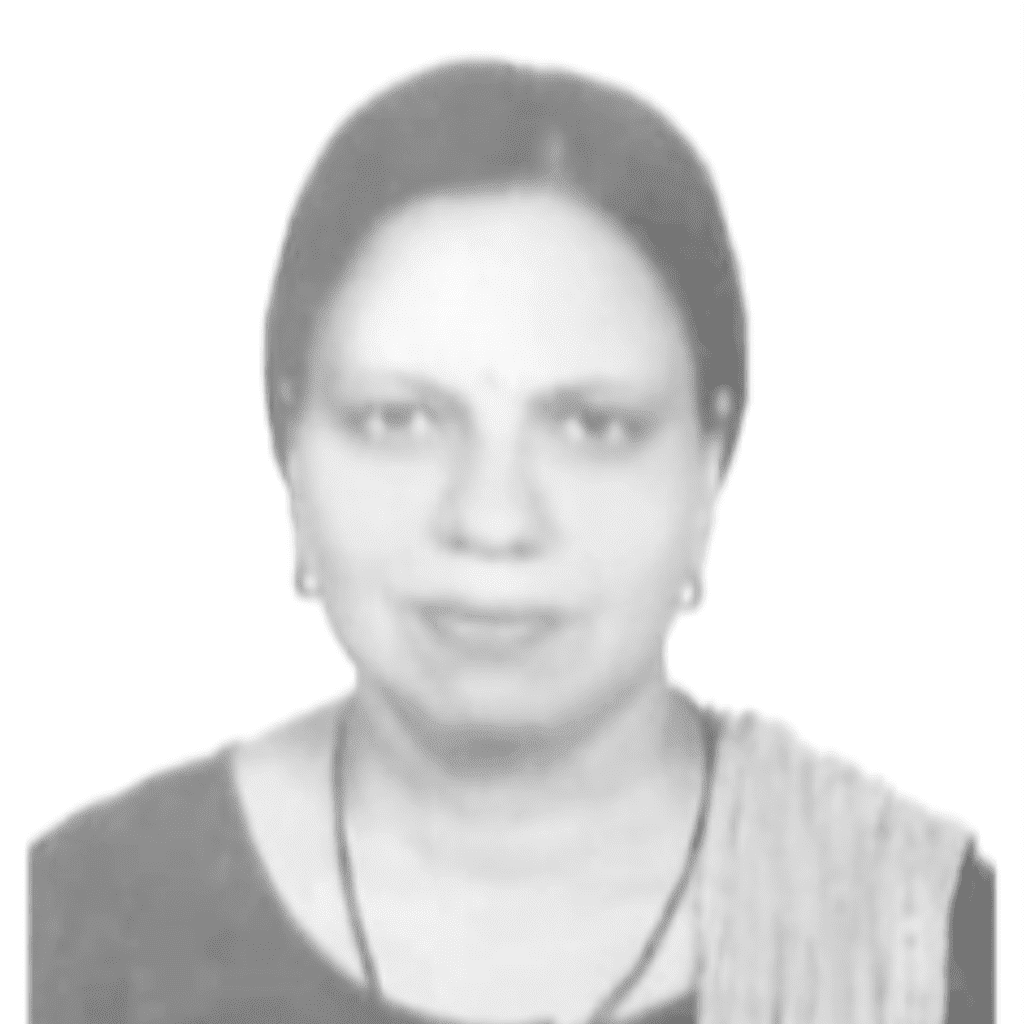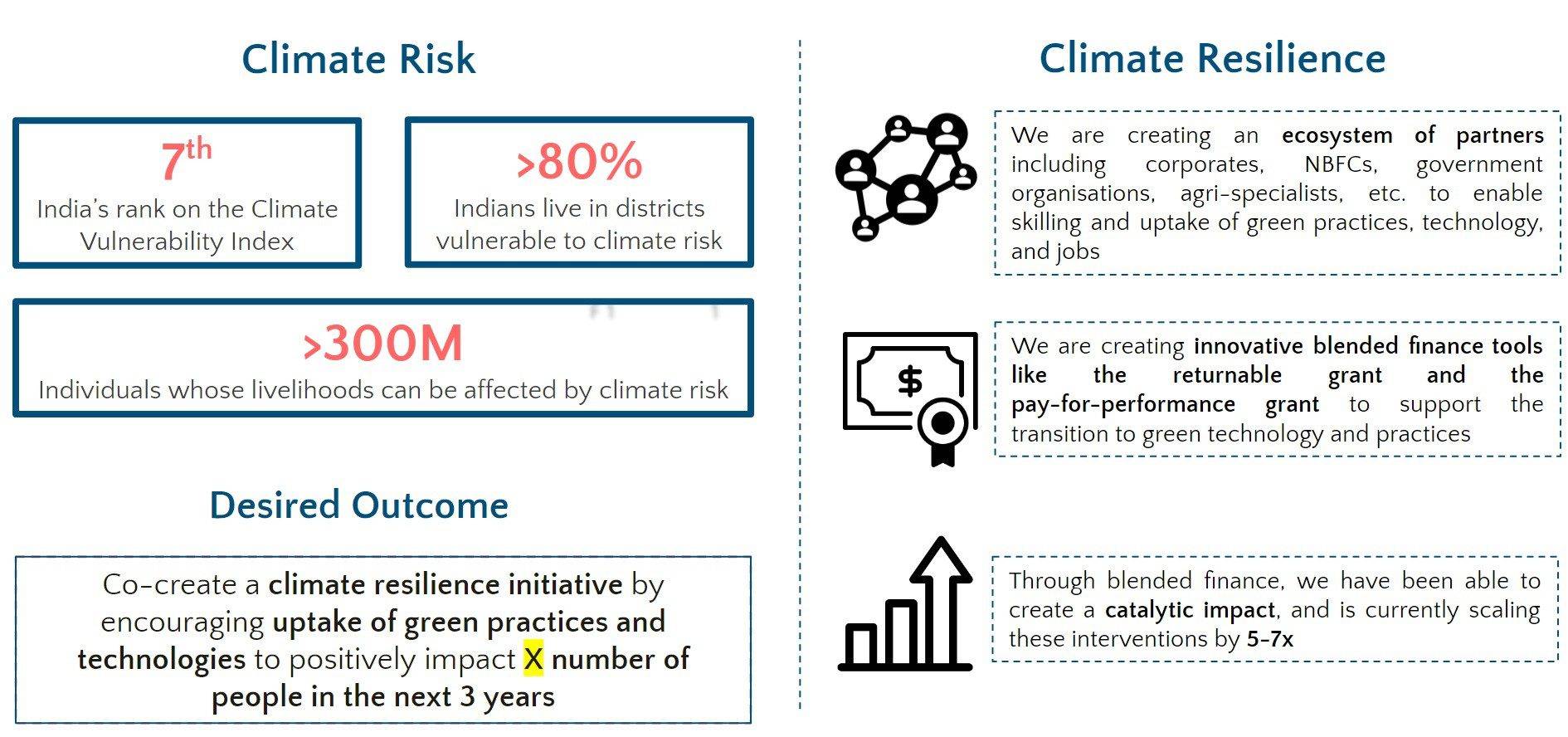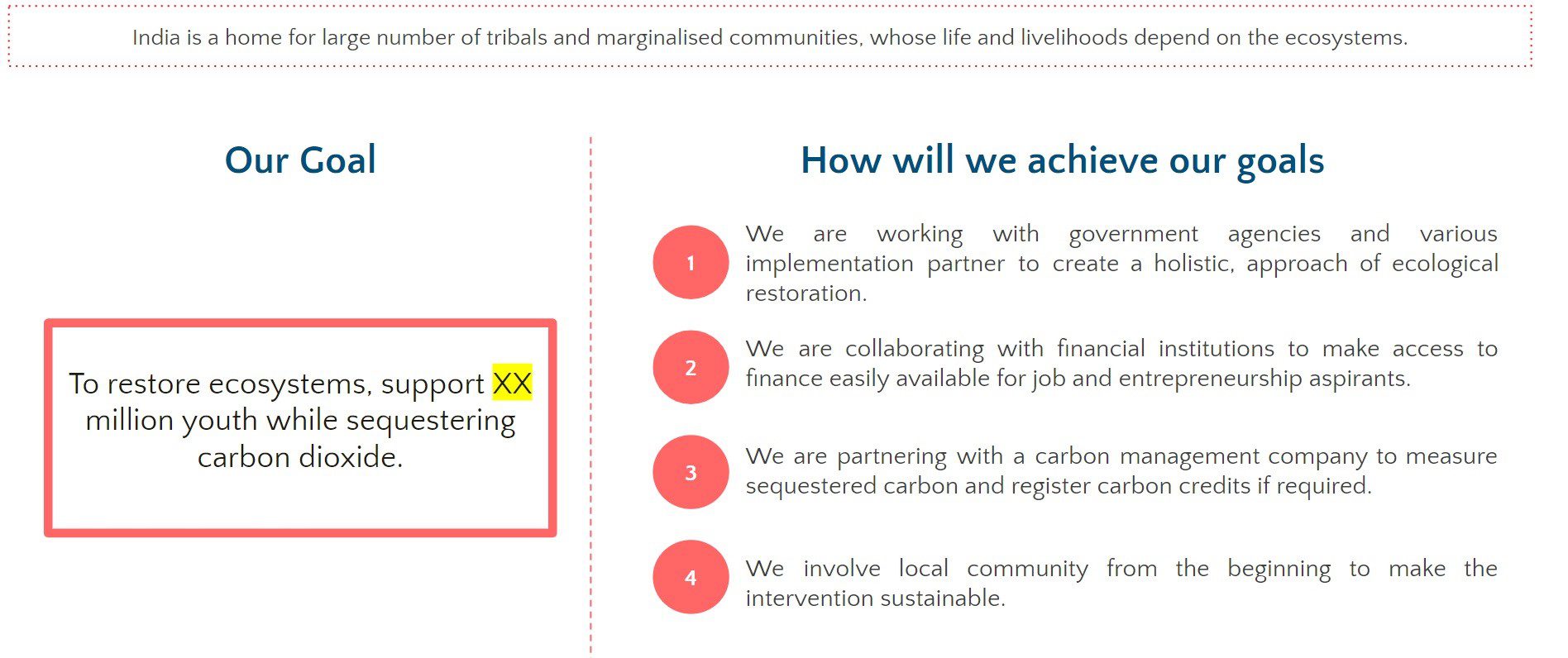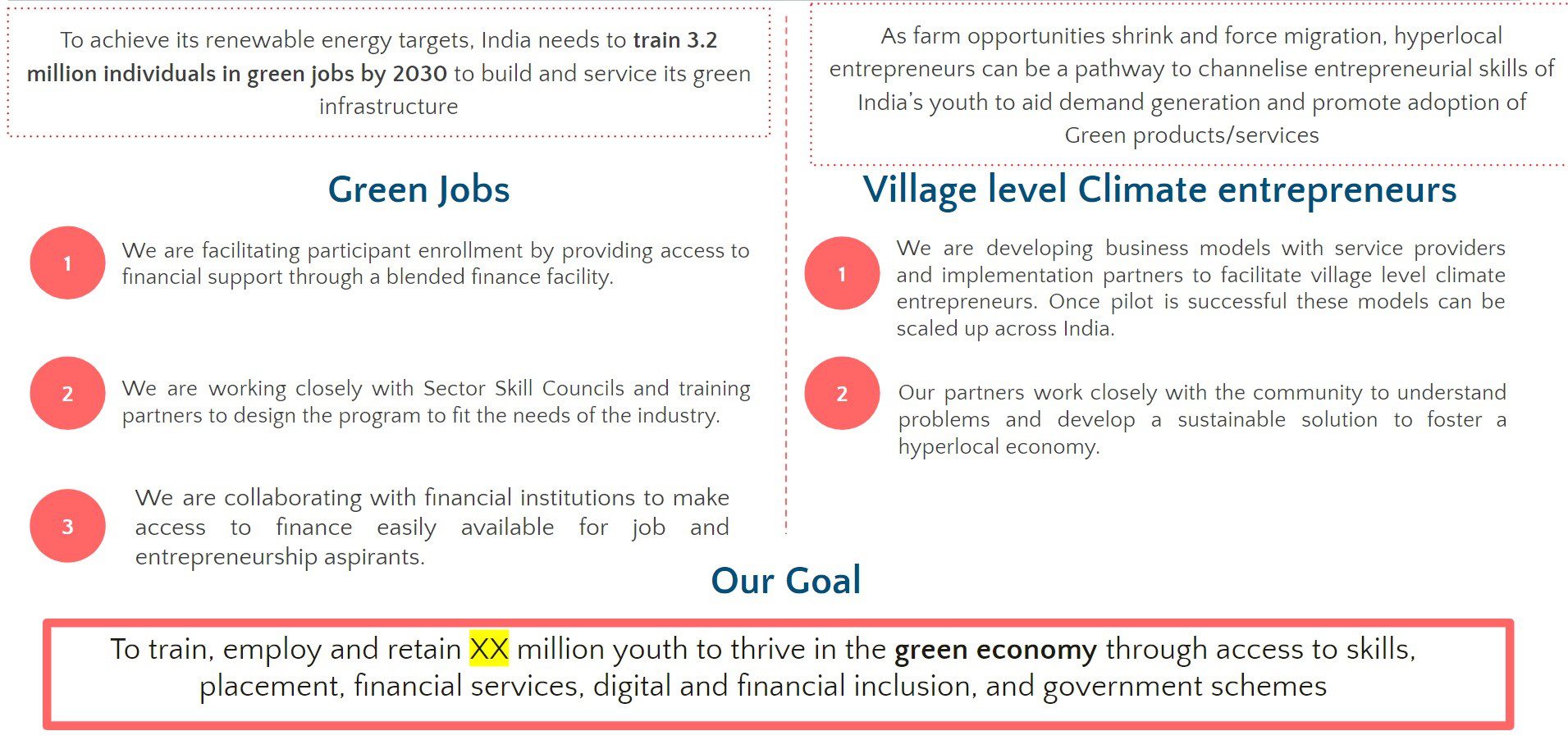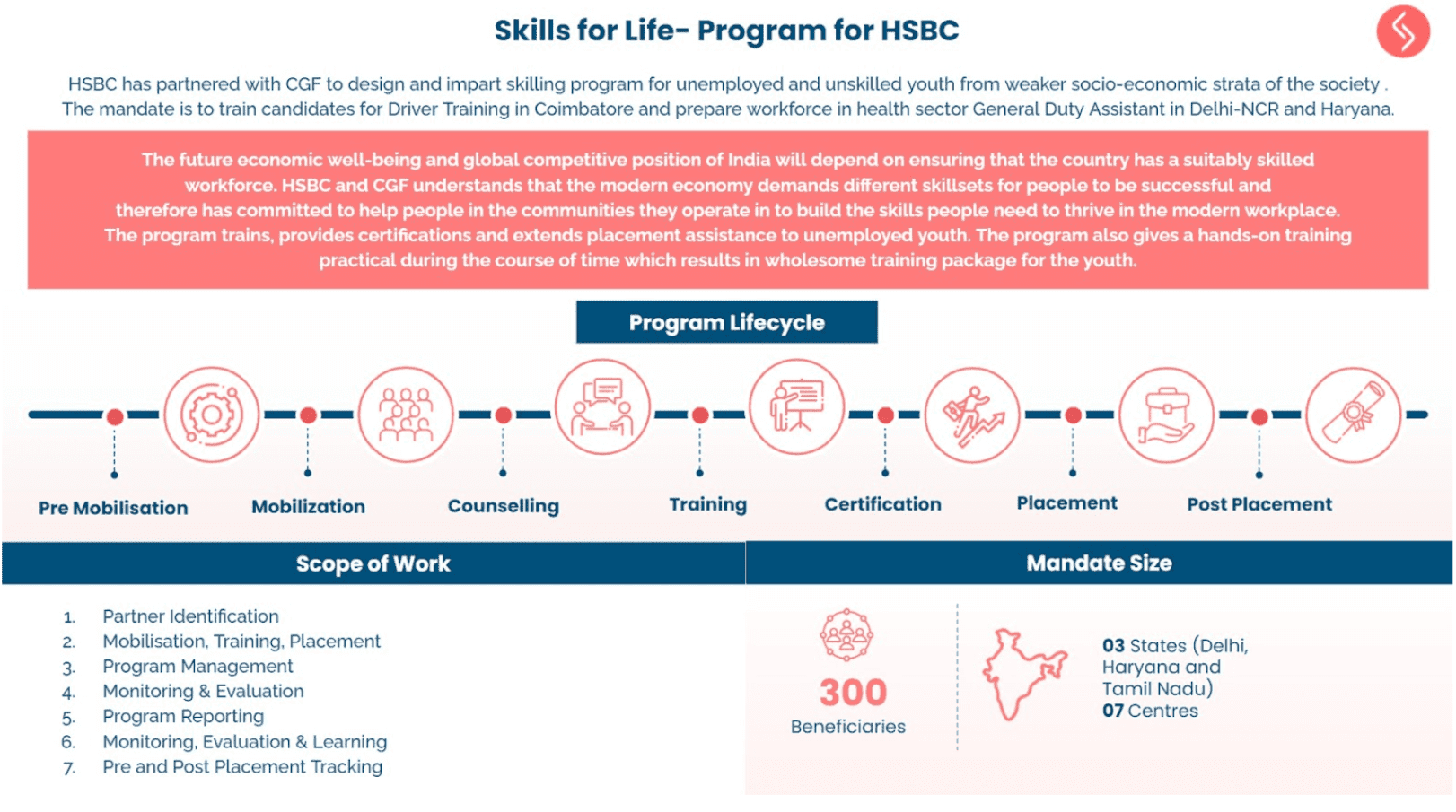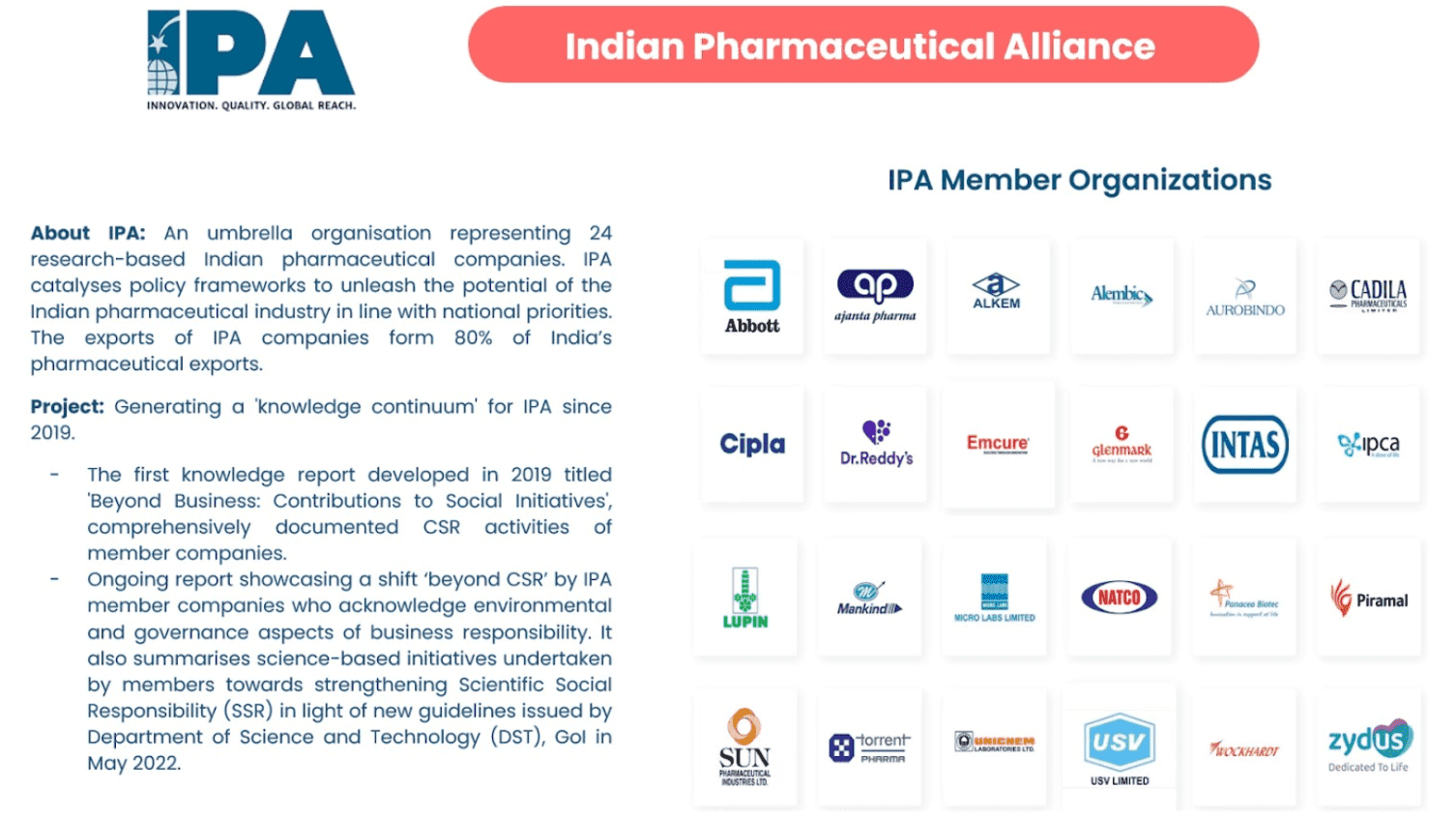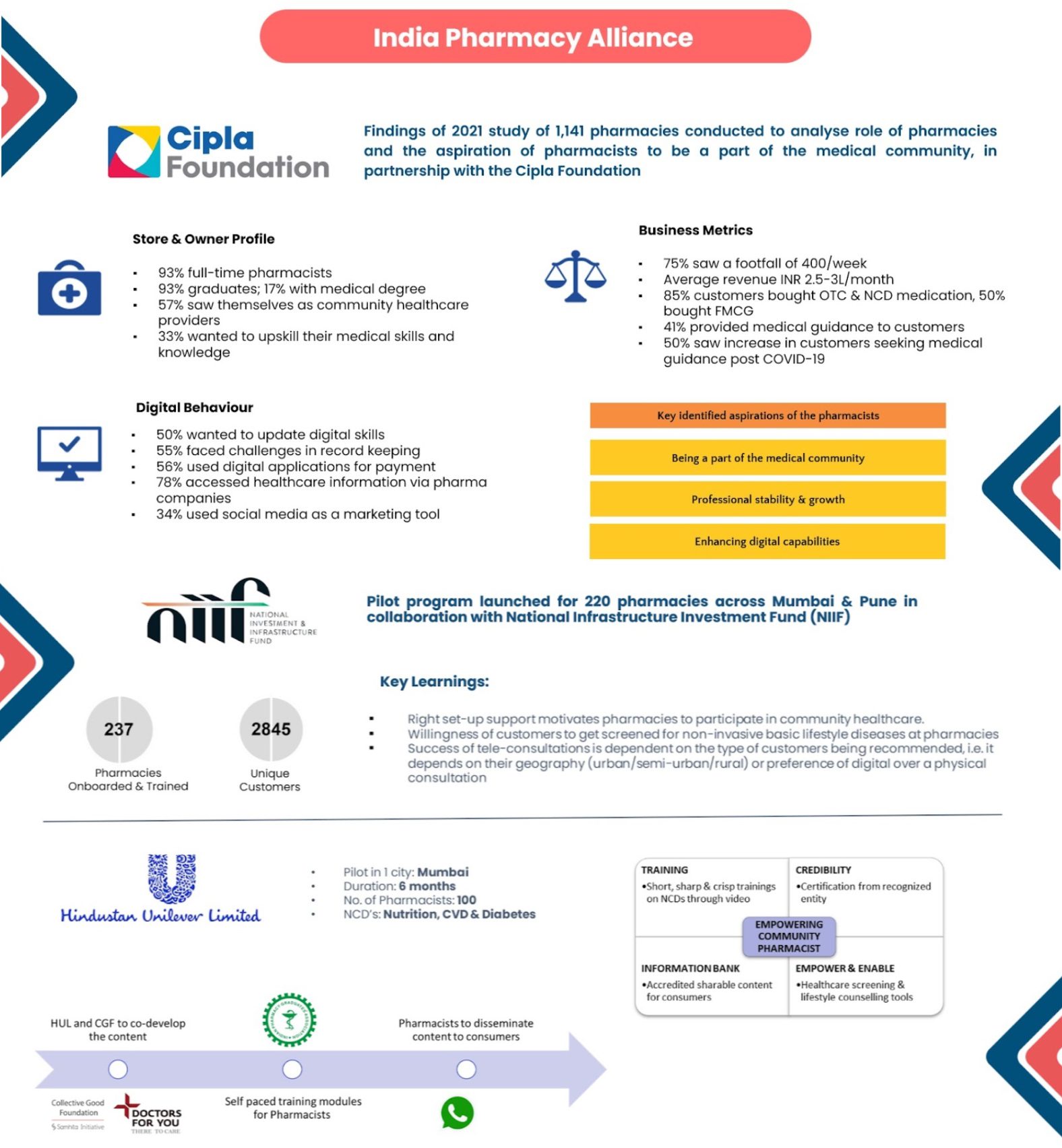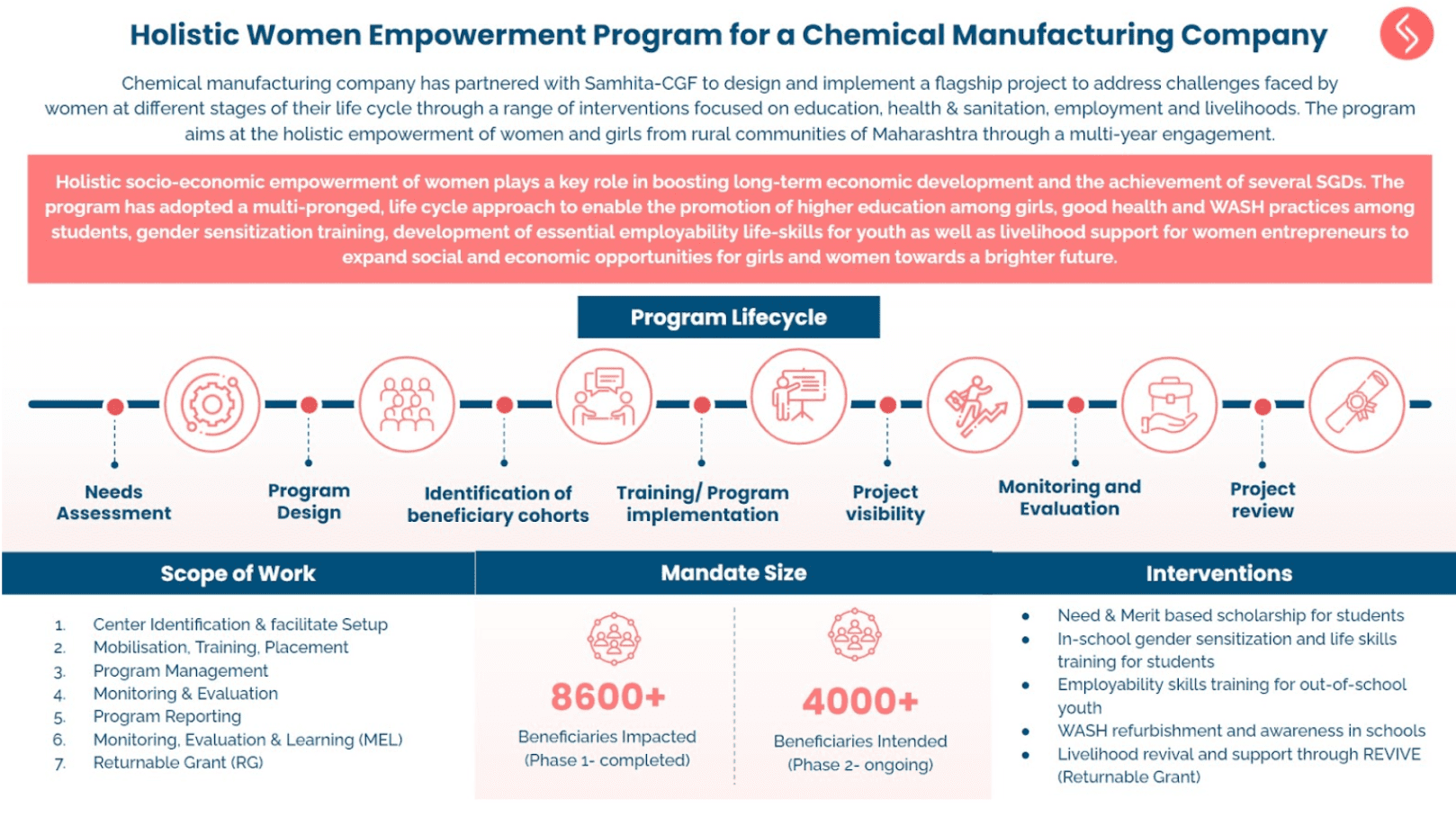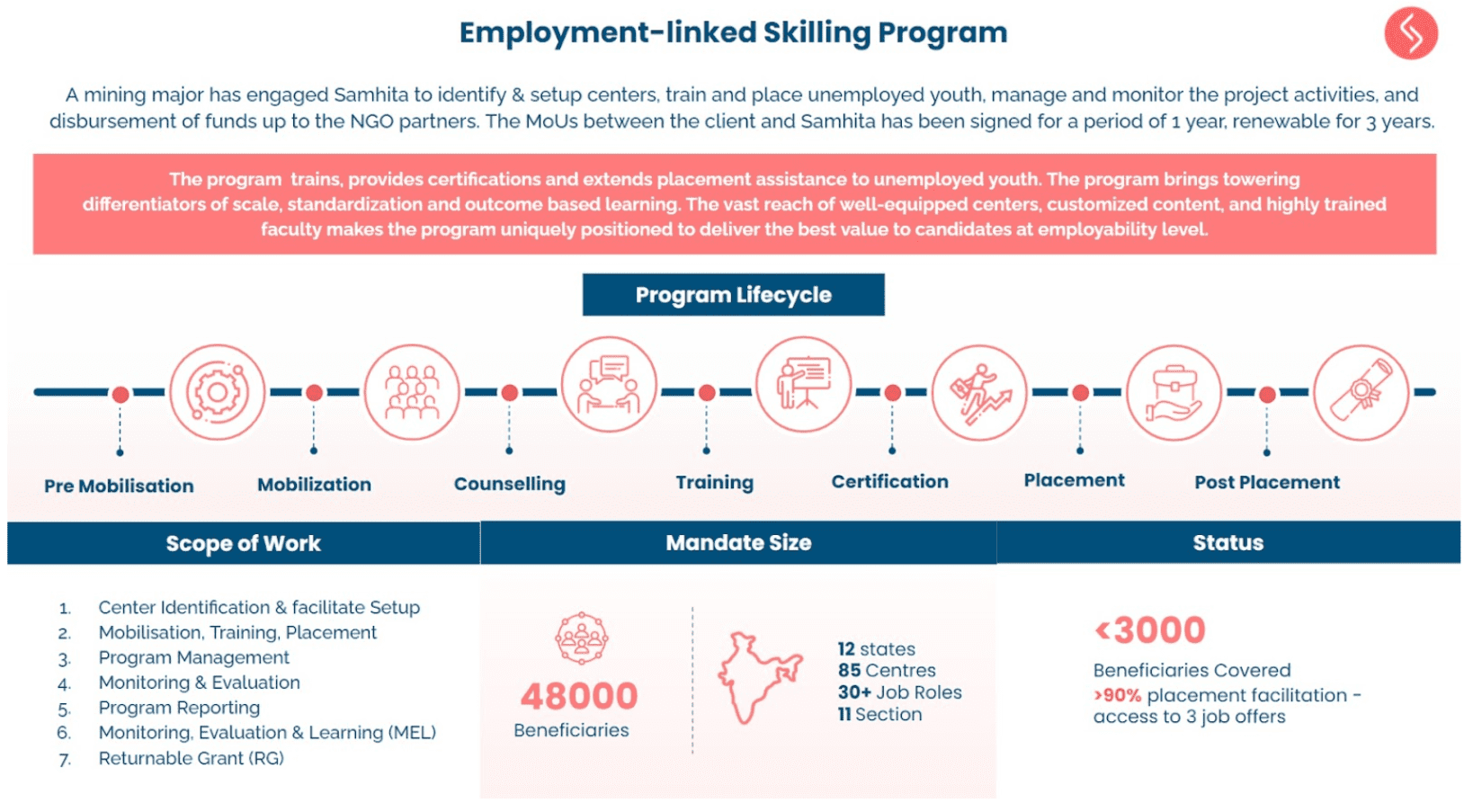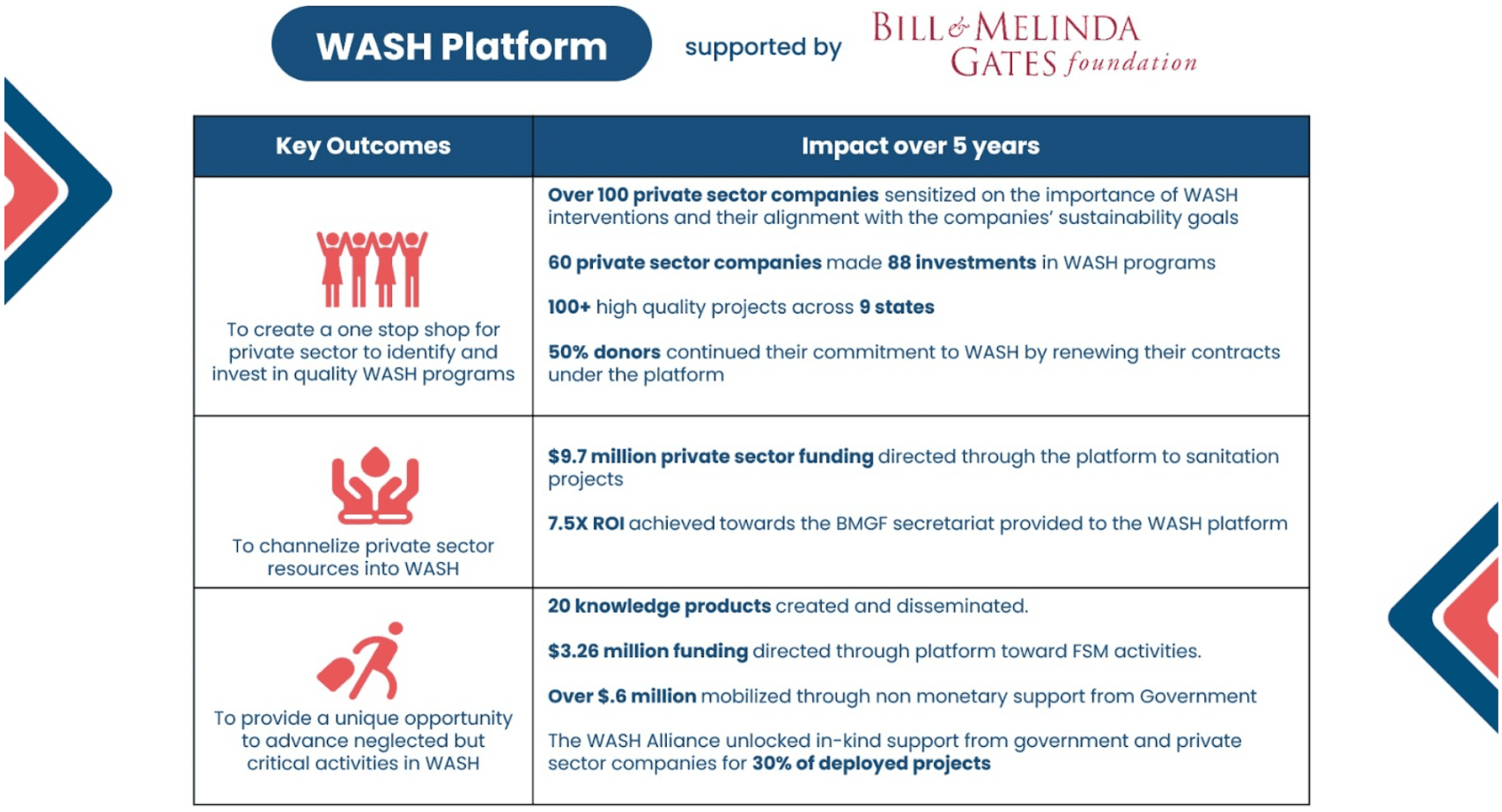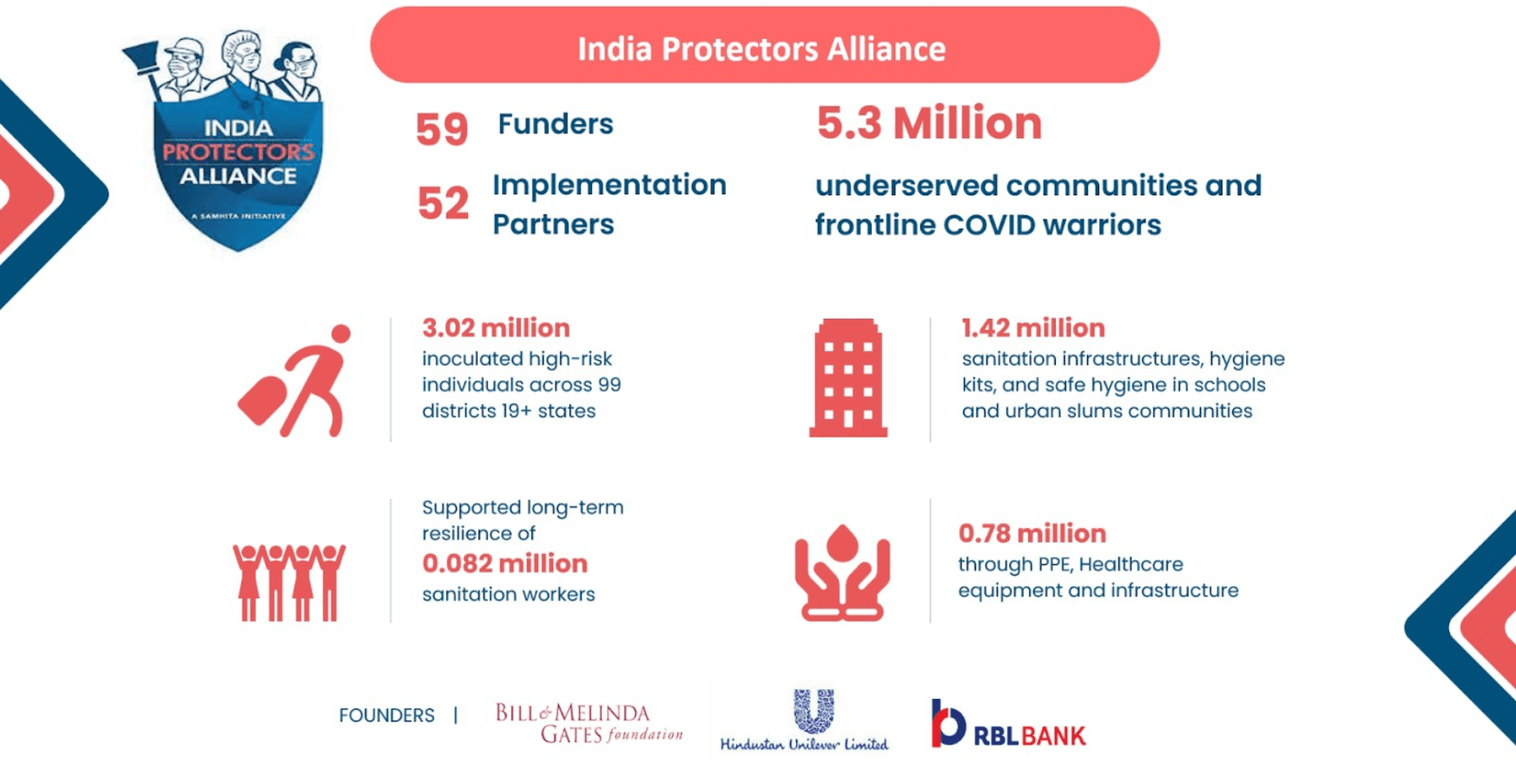For His Family’s Happiness
Daud Shaikh, who loves his family and constantly travels across State lines to spend time with them, recently realised how identity documents can add value to his life
In 2011, Daud Shaikh, then an 18-year-old farmer, migrated from his village in Jharkhand to Mumbai. He managed to find work as a construction worker in the city. Ten years on, Daud works as a mason at the Shapoorji Pallonji construction site in Powai, Mumbai.
Prior to his marriage, he used to stay in the city for one-two years at a stretch. Now a father of three, he shuttles between his village and the city every three-four months despite his economic compulsions. “I usually stay at home for a month or so. I do this for my family’s happiness,” explained Daud.
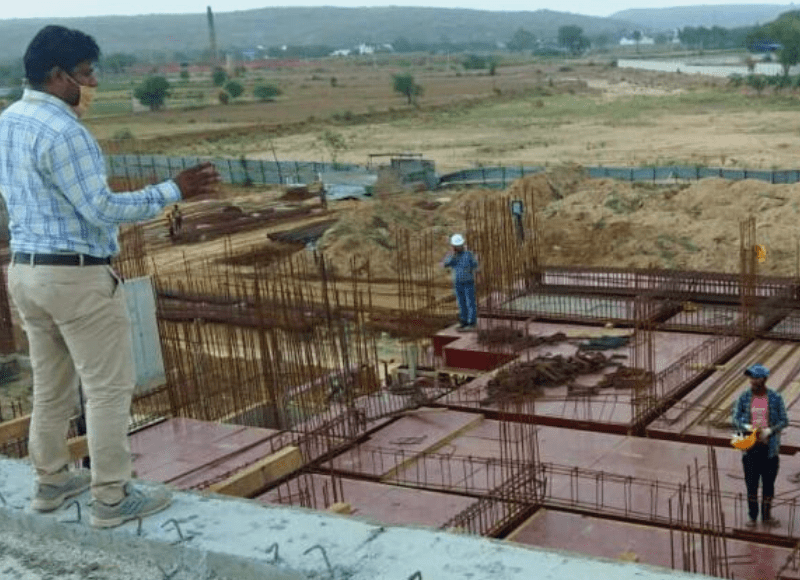
Daud’s constant movement across state lines necessitates specific central identity documents like the PAN and Aadhar card to be in place. For a construction worker, a PAN card acts as a vital KYC (Know Your Customer) document and serves as the basis for Direct Benefit Transfers (DBT) from the government. It is also beneficial for processing other scheme applications.
As part of the REVIVE Alliance, the UNDP-funded information camp organised by Haqdarshak allowed him to recognise the value in having a PAN card. “I did not have a PAN card before. Other construction workers at my site had one, so I thought I should get one too,” said Daud. The REVIVE team helped facilitate Daud’s application.
Additionally, the session also exposed Daud to the importance of an updated Aadhaar card, another critical document. His Aadhar card did not have a registered mobile number associated with it, which becomes necessary for any authentication service and serves as the basis for multiple government entitlements.
The facilitators at the camp helped him with this as well. Even though a small change, an update in Aadhar details will lead to a significant value add for Daud in the future. With the two new linkages, Daud is better placed to access government benefits.
